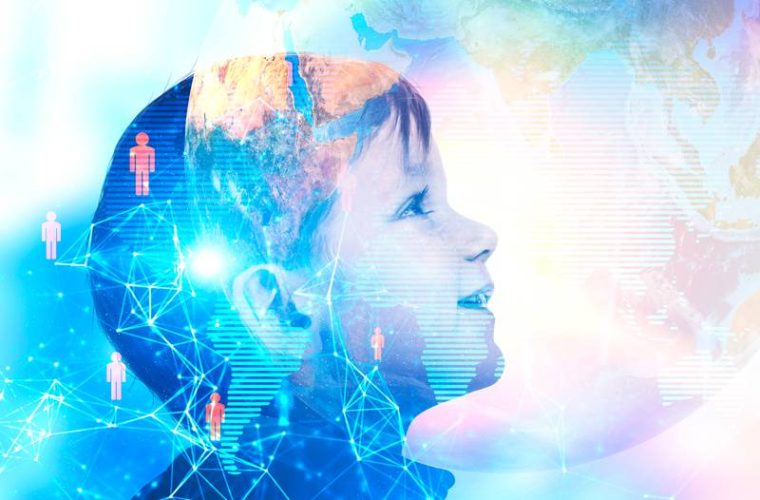Coronavirus And School Closures: 3 Ways The Global Pandemic Can Transform Education

Categories :
- Over a billion students worldwide are unable to go to school or university, due to measures to stop the spread of COVID-19.
- The pandemic is expected to have a huge impact on global education.
- New solutions for education could bring much needed innovation.
According to UNESCO, the coronavirus pandemic has impacted over 87% of the world's student population. Many countries around the world have implemented country-wide closures of schools, universities and other educational institutions affecting some 1.3 billion learners around the world who were not able to attend school or university as of late March. This disruption is already having consequences on students and professionals and it could bring the much needed digital transformation that the global education needs.
The coronavirus pandemic will impact every single aspect of society. Global healthcare and economy are the two obvious but it is also affecting other areas like education and lifestyle. In the education field, over 1,379,344,914 students or 80 percent of the world's learners are now being kept out of educational institutions by country-wide closures. UNESCO's figures refer to students enrolled at pre-primary, primary, lower-secondary, and upper-secondary levels of education as well as at tertiary level. Likewise, another 284 million learners are being affected in some way by closures at a localized level, such as those seen in U.S. states like California and Virginia. 138 governments have now ordered country-wide closures of their schools and universities.
These risk-control decisions, taken to stop the transmission of the Covid-19, have led millions of students into temporary ‘home-schooling’ situations. “These changes have certainly caused a degree of inconvenience, but they have also prompted new examples of educational innovation. Although it is too early to judge how reactions to COVID-19 will affect education systems around the world, there are signs suggesting that it could have a lasting impact on the trajectory of learning innovation and digitization,” was said by Minerva Project experts Diana El-Azar and Gloria Tam in a recent article published on the WEF blog.
Let’s take a look at three trends that could hint at future transformations according to the Minerva Project experts:
1. Education - nudged and pushed to change - could lead to surprising innovations
The slow pace of change in academic institutions globally is lamentable, with centuries-old, lecture-based approaches to teaching, entrenched institutional biases, and outmoded classrooms. However, COVID-19 has become a catalyst for educational institutions worldwide to search for innovative solutions in a relatively short period of time.
With 5G technology becoming more prevalent in countries such as China, US and Japan, we will see learners and solution providers truly embracing the ‘learning anywhere, anytime’ concept of digital education in a range of formats. Traditional in-person classroom learning will be complemented with new learning modalities - from live broadcasts to ‘educational influencers’ to virtual reality experiences. Learning could become a habit that is integrated into daily routines - a true lifestyle.










